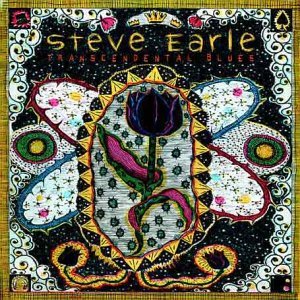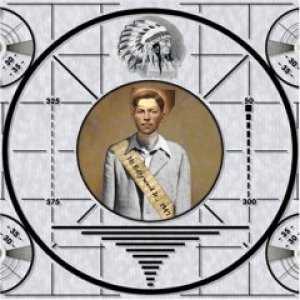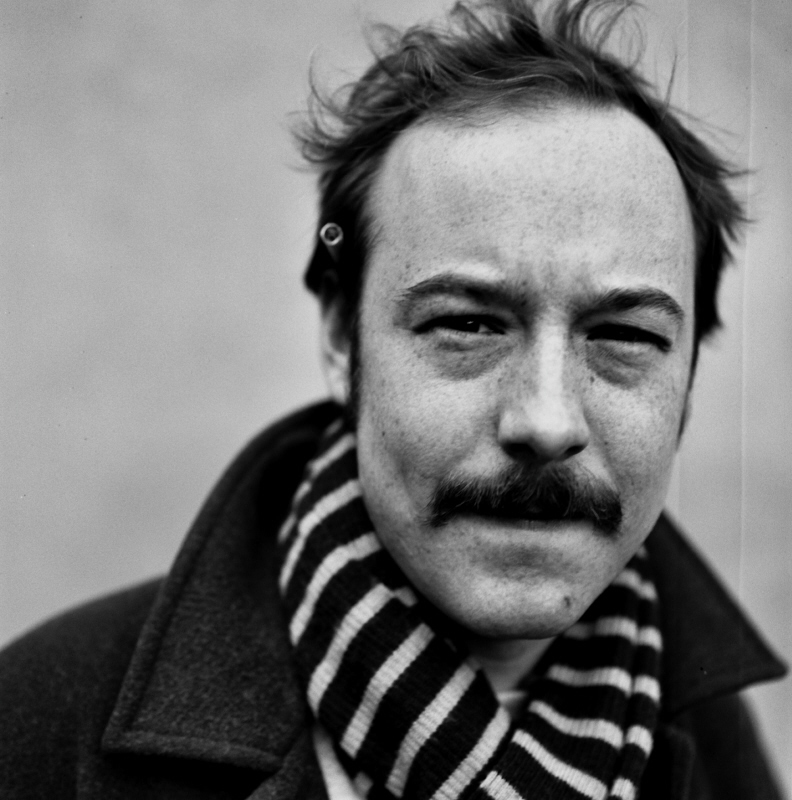To commemorate what happened five years ago today, I thought I'd post what I wrote in my journal that night, sitting in the cafe on Avenue A.
9/11/01
dark day
- today the twin towers came down. in the street i watched the first one fall and i thought i would be sick. it's so unreal to think of thousands dead - it's not something i can wrap my head around - maybe it's b/c i really haven't experienced death up close during my life - i don't have a one to multiply by a thousand. it seems wrong to write all these "i"s today.
- the tower coming down looked like fight club. and it just wasn't real. all i wanted to do was smoke and drink, & call all my friends and family & tell them I'm alright.
- i got so fucked-up earlier in the summer abt. that woman who killed her kids. That, that I could wrap my head around. That I could feel, that deep sadness.
"it's 71 and clear in New York City right now, as if anybody cares" - heard on the radio
"people are buying up stuff. people are buying up water." - radio, a woman
- i guess writing abt. this is my way of trying to feel, of trying to help others feel, b/c that's the way/medium/etc. i've always felt things most deeply.
- Gov. Pataki & Mayor Giuliani really did a good job today, I thought. made us feel like we're all in this together, here in the city and here in this country. they kind've made me feel like we gotta stick together, talk to each other in elevators more.
last summer was the summer
of mosquitoes, of money
this was the summer of fireflies, of fires
and falling towers
joe said,
"it's good to hear your voice."
i was in the shower
when the planes hit.
two.
i might've been [blank]
hating [blank], who I dreamed about.
i told her i was alive via email
this morning and i didn't know
whether or not i should've
"disagreements? ... work 'em out ..." - Paul Simon
"i want to see you smile again
the day the banks collapse
zee vigilantes in the streets.
i want to see you smile again." - Radiohead shirt
everything feels like prophecy.
- walking out of the building
this beautiful morning
i saw the smoke
the fleets of screaming sirens
and i knew it was the towers
after, everyone seemed to carry
a dark secret in their eyes.
everyone's eyes seemed to plead/say
i know. i know.
i have been witness.
why is it that in times of tragedy
we always feel closest? connected.
b/c when the fragile daily things
that unite us are gone
we look for something more solid
the fire escape scared me.
i wondered, will this hold my weight?
communities are fragile buildings
and when our buildings are gone
we must try to build our communities
people are trapped
under the rubble
and their cellphone batteries
are dying
"brutally reshaped manhattan skyline" - the radio
- these two guys are just sitting in the middle of Ave. A, which is more or less deserted.
- it seems wrong to smile at times like this, wrong to find anything funny. but it also feels wrong to feel too serious, to get caught up in the grim excitement of it all.
- John and I started to get drunk this afternoon, but it started to feel wrong, so we sobered up and went to give blood.
That's the end of my entry for that day. The next week,
The New Yorker published an issue. This poem, by Adam Zagajewski, was the final page of the magazine. It meant a lot to me then, about the day and what happened, and it means a lot to me now. Here it is. Be safe today and tell your family and friends that you love them. - HRS
Try to Praise the Mutilated World
by Adam Zagajewski (translated by Renata Gorczynski)
Try to praise the mutilated world.
Remember June's long days,
and wild strawberries, drops of wine, the dew.
The nettles that methodically overgrow
the abandoned homesteads of exiles.
You must praise the mutilated world.
You watched the stylish yachts and ships;
one of them had a long trip ahead of it,
while salty oblivion awaited others.
You've seen the refugees heading nowhere,
you've heard the executioners sing joyfully.
You should praise the mutilated world.
Remember the moments when we were together
in a white room and the curtain fluttered.
Return in thought to the concert where music flared.
You gathered acorns in the park in autumn
and leaves eddied over the earth's scars.
Praise the mutilated world
and the grey feather a thrush lost,
and the gentle light that strays and vanishes
and returns.










